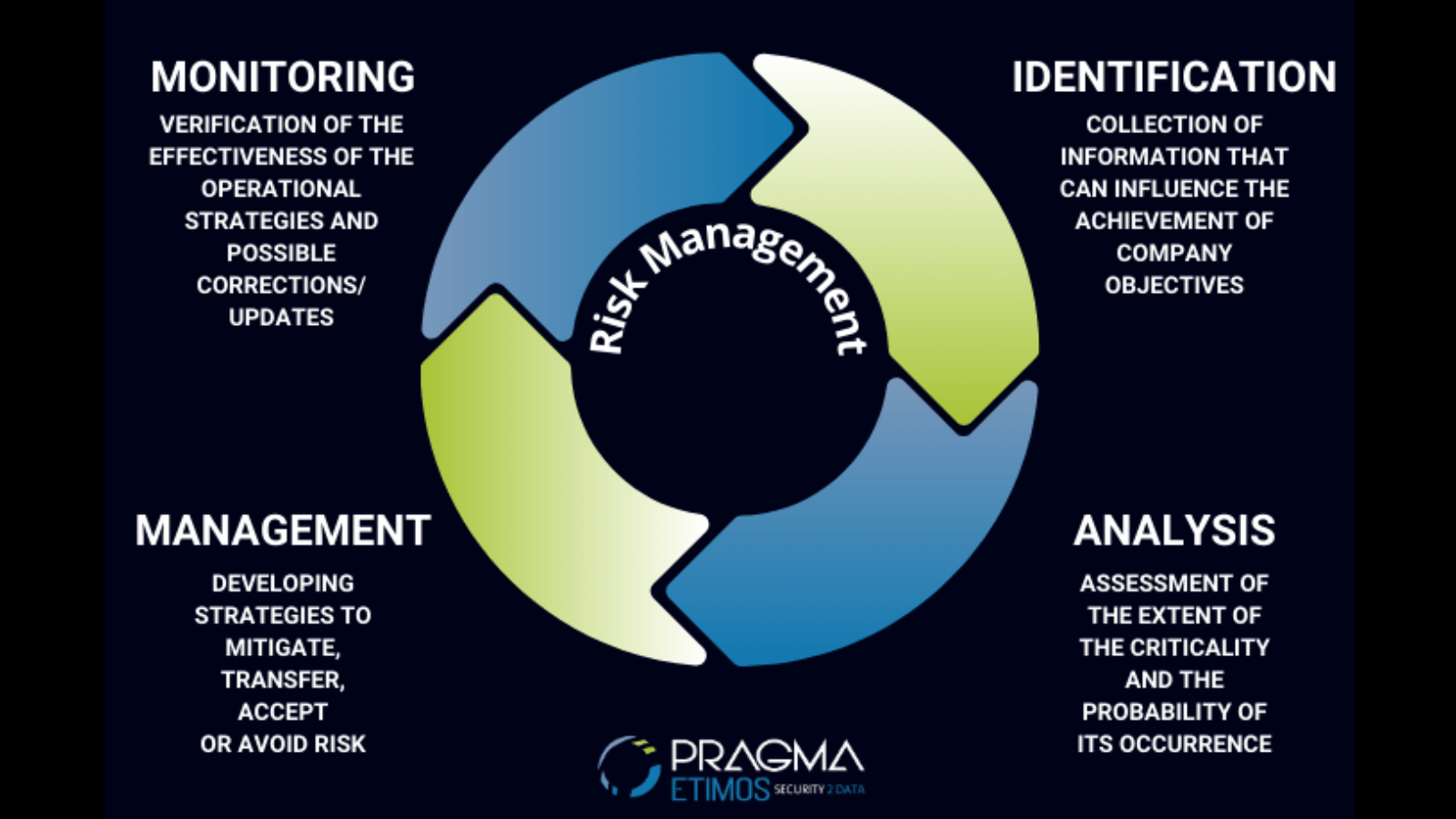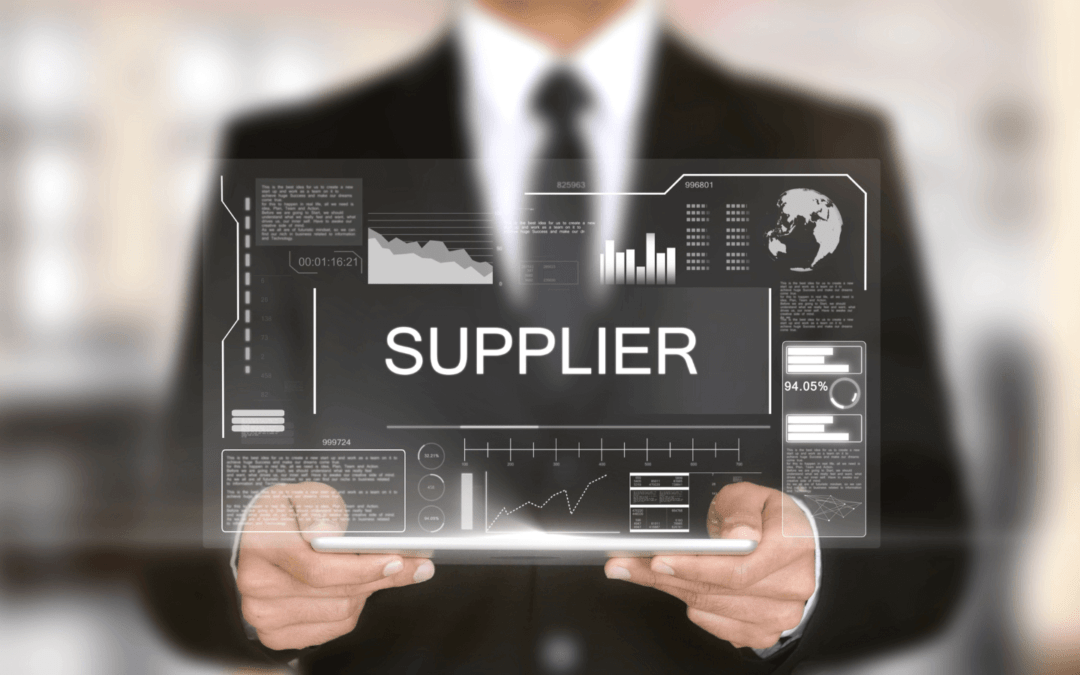Vendor Risk Management is where Risk Management and Supplier Analysis converge, forming a continuous and multidimensional process. It spans the entire purchasing cycle, from supplier selection to order issuance, including contract execution and potential disposal.
Involving various departments beyond purchasing, such as quality, administration, and logistics, provides a broader perspective, aiding company success.
Constant monitoring is crucial to prevent seemingly minor issues—like a supplier’s bad reputation or financial instability—from threatening business continuity. This allows the organization to react before situations worsen.
To address this, it’s important to broaden the concept of “risk” to include all relevant information about a supplier, like news from online publications. A 360-degree view is essential, covering sensitive topics like ecology, sexism, compliance with technical procedures, and personnel management issues.
Neglecting these factors or using inadequate tools means being unprepared and at risk of unexpected costs or reputational damage.
Switching from a reactive to a proactive approach is crucial. Using intelligent platforms that automate data collection and monitoring through complex AI algorithms is key.
At Pragma Etimos, we’ve developed a platform that integrates Risk Management best practices into supplier management. It provides detailed risk reports to help management make more informed decisions.
Intelligent Risk Management
Supplier risk assessment focuses on hazards that could affect a supplier in terms of performance, quality, compliance, and reputation, including financial, operational, legal, environmental, social, and ethical aspects.
This analysis helps prevent issues related to supplier performance quality, protects the brand and customers, ensures compliance with regulations and standards, strengthens relationships and collaboration with suppliers, and identifies opportunities for growth and innovation.
By using an advanced Risk Management platform, you can:
- Maintain production continuity by avoiding interruptions that could compromise the entire organizational structure.
- Get a global view of all existing suppliers.
- Select new suppliers also based on their risk profile, avoiding potentially dangerous situations or situations that could damage your reputation.
What are the main benefits of having a risk analysis platform?
The solution developed stems from the need to support companies in their production processes and help management make more informed decisions.
Drastically lowering the risk of financial problems is a prerogative that every organization should consider a priority.
Among the benefits that can be obtained, it is possible to mention:
- More informed choice of suppliers: have overall visibility on the supplier’s risk indicators and its contractual performance, represented by a score. This allows to optimize the qualification process and identify any anomalies.
- Protect business continuity: constant and documented monitoring of risks allows the impact of operational and production interruptions to be reduced to a minimum.
- Positive financial impact: organizations that put risk management at the center of their strategies enjoy a significant competitive advantage.
- Control over bad news: monitoring news on any online platform related to a particular supplier and its partners or board members allows you to keep tabs on any issues related to crimes, scams, compliance with industry regulations, adherence to environmental criteria, etc.
We at Pragma Etimos believe that technology, if used correctly, can be a valuable ally in supporting human work. In the current socio-economic context, having tools that can help organizations make more informed and correct managerial decisions has great strategic value.
You may also like

ATHENA: TRANSFORM DATA INTO VALUABLE INFORMATION
A.T.H.E.N.A.: Archivial Thematic Heterogenous Encrypted Neuronal Analyser Transforming data into valuable information requires the preparation of neural models and the use of advanced technologies that are based on the ability to manage and analyse informations….

Risk Management: how to manage data
Developing a Risk Management plan is a particularly complex activity, which must consider a long list of factors, even distant from each other: from legal aspects to financial accounts, passing through the advertising sector, customer relations and commercial approaches…

